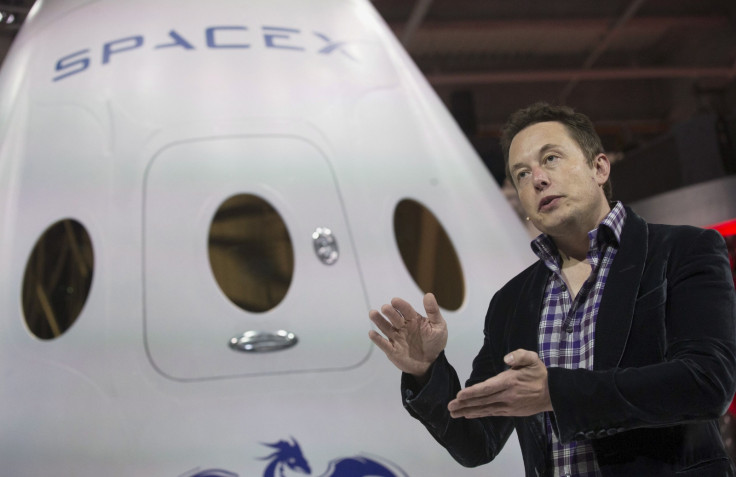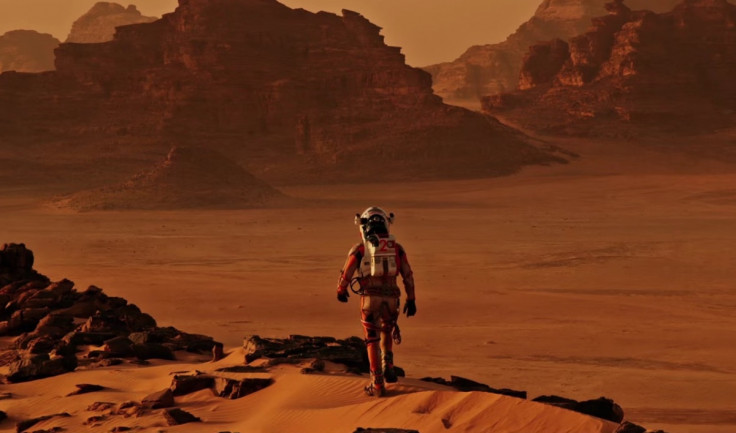Elon Musk: People will probably die on the first SpaceX missions to Mars
Technology entrepreneur Elon Musk is really excited about getting the first humans to land on Mars in 2025 with the view to establishing a colony, but in case you didn't realise this already, he is warning that pioneering a new planet probably won't be much fun.
"It's dangerous and probably people will die – and they'll know that. And then they'll pave the way, and ultimately it will be very safe to go to Mars, and it will be very comfortable. But that will be many years in the future," Musk told the Washington Post in a new interview detailing how the Mission to Mars technical journey is likely to evolve.
Musk's space transportation company SpaceX currently has a $1.6bn contract with Nasa to routinely ferry cargo to and from the International Space Station (ISS). In November 2015, SpaceX received official approval from Nasa to send astronauts from the US space agency to the ISS starting from 2017, as currently the only way into space is via Russia.
SpaceX plans to start flying unmanned spacecraft to Mars from 2018 that are timed to occur every two years when Earth and the Red Planet are closest in orbit. The purpose of these missions will be to gather valuable data about descending and landing on Mars for human missions in the future.

There is currently a great deal of interest in the Mission to Mars and organisations like Dutch-based Mars One have galvanised the general public to apply to be the first humans on Mars. The likelyhood of this being possible, however, without backing from Nasa and the European Space Agency (ESA) is really slim, and some think that Mars One could just be a big scam.
Unmanned flights first to gather data

"Essentially what we're saying is we're establishing a cargo route to Mars. It's a regular cargo route. You can count on it. It's going to happen every 26 months. Like a train leaving the station," said Musk.
"And if scientists around the world know that they can count on that, and it's going to be inexpensive, relatively speaking compared to anything in the past, then they will plan accordingly and come up with a lot of great experiments."
If these autonomous spacecraft flights are successful and are proven to be safe enough for humans, then the first human mission will take place in 2025. However, even when the two planets are at their closest, they are still separated by a distance of 140 million miles and it will take months for the spacecraft to reach Mars.
For the first pioneering humans who decide to leave their lives on Earth behind, Musk admits the journey will likely be "hard, risky, dangerous, difficult" but he points out it is no different to the British who chose to travel across the sea to colonise the Americas in the 1600s.
"Just as with the establishment of the English colonies, there are people who love that. They want to be the pioneers," he said.
© Copyright IBTimes 2025. All rights reserved.






















